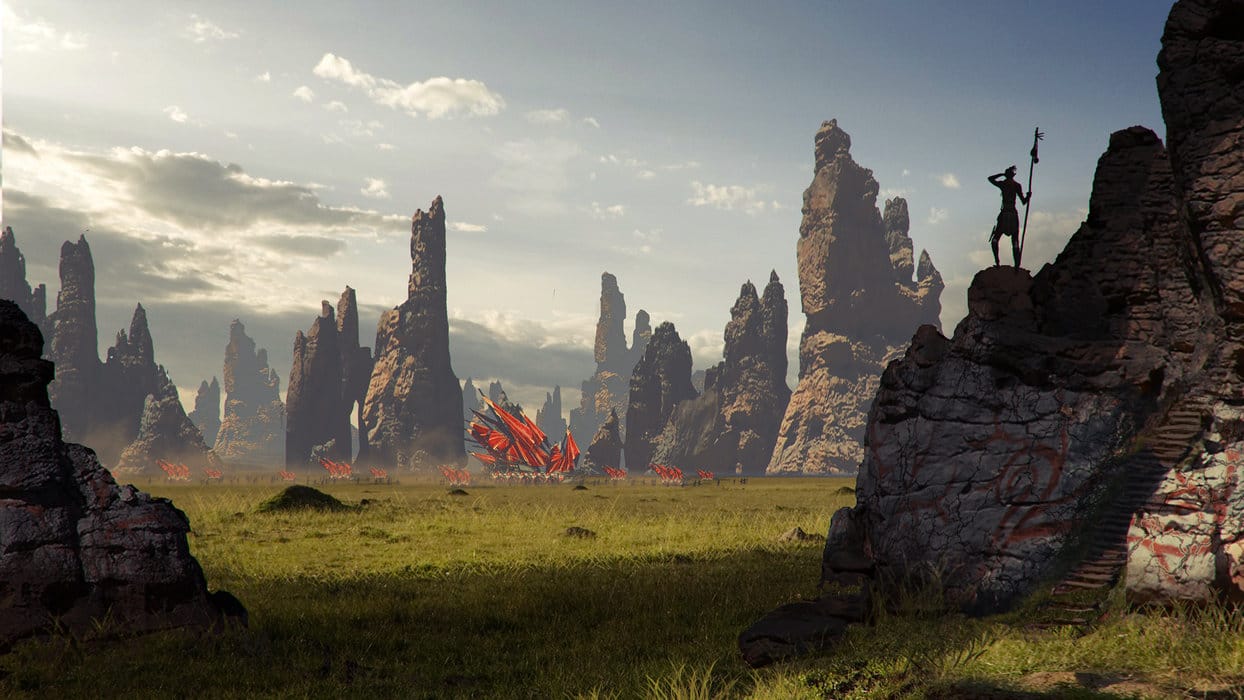Why is the lead writer of Dragon Age fed up with superfans?

David Gaider, the lead writer of BioWare’s Dragon Age series, has taken to his Tumblr to bemoan the increasingly venomous conversation among the games’ super-fans on the Bioware Social Network. Gaider writes,
The signal-to-noise ratio does seem to be worsening, and eventually you get the feeling like you’re at one of those parties where all anyone is doing is bitching. It doesn’t matter what they’re bitching about so much as, sooner or later, that’s all you can really hear. Engaging starts to mean partaking in the bitching until you feel like that’s all you’re doing. Even when I try to rise above, those who are most negative will seek me out in order to get a rise out of me— and not unsuccessfully. I am only human, and I’ll end up responding to score points just as they do, and end up feeling shitty for having done so.
It’s hard not to read this note in the larger context of BioWare’s tortured relationship with its fans. Dragon Age 2, of course, was the subject of an enormous amount of fan vitriol, and though Gaider does not work on the Mass Effect series, it’s not hard to see the effect that the outcry over the ending to last year’s Mass Effect 3 and BioWare’s subsequent fan service “Extended Cut DLC” has on the writer’s thinking.
In thinking about Gaider’s reaction to the bitterness of these superfans, I was reminded greatly of Laura Miller’s terrific 2011 profile of George R.R. Martin in the New Yorker, and his legion of fans-turned-trolls:
An entire community of apostates—a shadow fandom—is now devoted to taunting Martin, his associates, and readers who insist that he has been hard at work on the series and has the right to take as much time as he needs…The online attacks on Martin suggest that some readers have a new idea about what an author owes them. They see themselves as customers, not devotees, and they expect prompt, consistent service. Martin, who is sixty-two, told me that Franck calls the disaffected readers the Entitlement Generation: “He thinks they’re all younger people, teens and twenties. And that their generation just wants what they want, and they want it now. If you don’t give it to them, they’re pissed off.”
Game makers, anonymous as they usually are, probably have it even worse. Their recourse to a defense of artistic privilege is not as culturally open to them as it is to Martin, or Axl Rose, or James Cameron, or most other producers of mainstream entertainment.



